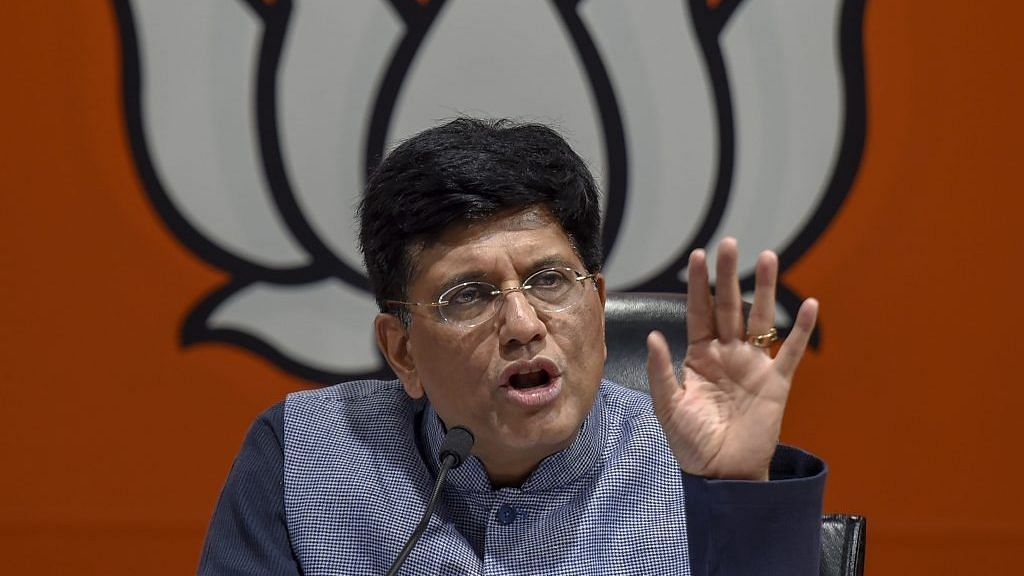There was buzz that Modi govt could present a full budget but finance ministry stepped in to clear the air and said it will be an interim budget.
New Delhi: Speculation has been rife that the Narendra Modi government will present a ‘full’ Budget on 1 February — its sixth full budget since coming to power in 2014 — and make a slew of announcements as it looks to alleviate farmer distress and appease the middle class ahead of the general elections.
But the finance ministry stepped in to clear the air and said it would be an ‘interim budget’, much like the previous election-year budgets.
Also read: Expect Piyush Goyal to make big announcements on farm, retail & exports in Budget
What’s the difference?
Traditionally, a full budget presents proposals for an entire year. An interim budget is only for a short period — essentially for the transition period between two governments in an election year.
However, even if the budget is classified as an ‘interim budget’, nothing stops the government and Finance Minister Piyush Goyal — who is in charge now with Arun Jaitley away in the US for treatment — from making promises for the year ahead, or for that matter, making some major announcements effective 1 April, and that too for the full year.
The government can argue that these potential announcements are in urgent public interest, and cannot be delayed till a new government assumes power.
Jaitley had hinted earlier this month that the interim budget could see measures in the ‘larger interests of the economy’.
To be sure, none of the announcements made in the budget for the next full financial year will be binding on the new government. In the budget that the new government will present in July, it has the option of completely scrapping or modifying or retaining the proposals made in the interim budget.
Nothing also stops the incumbent government from announcing changes in direct tax slabs or rates, even though all direct tax changes are typically for the full financial year. With the GST Council now deciding on rate changes for GST, the scope of the budget on the tax revenue side is limited to direct taxes and customs.
Typically, an interim budget also does not have any tax measures. However, there have been instances when some indirect tax changes have been introduced by outgoing finance ministers for a few months, citing the urgent need for the sops.
For instance, P. Chidambaram, in the 2014 interim budget, announced excise duty cuts for the manufacturing sector, including capital goods and automobiles, effective till 30 June, so that it could be reviewed at the time of the full budget. He also made some minor changes to service tax.
Also read: Modi government’s next budget shouldn’t be excessively bold
